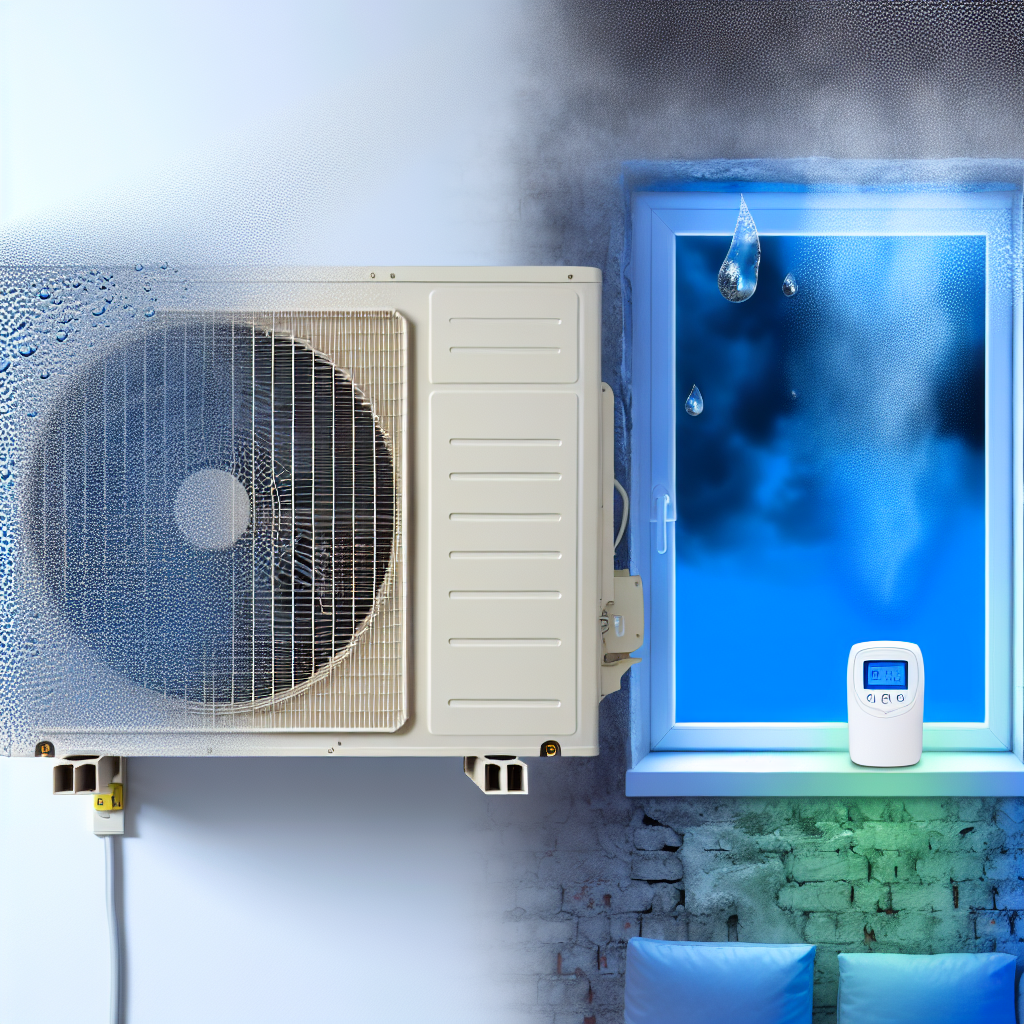Published: Mar 28, 2025

Humidity plays a significant role in the overall performance and efficiency of your HVAC system. Understanding how humidity levels can affect your system is essential for maintaining optimal indoor comfort and ensuring the longevity of your equipment.
Humidity refers to the amount of moisture present in the air. It is typically measured as a percentage and can have a direct impact on the comfort level inside your home. Humidity levels can vary based on factors such as weather conditions, ventilation, and the presence of moisture sources within your home.
High humidity levels can make your home feel sticky and uncomfortable. In addition to affecting your comfort, excessive moisture in the air can also put a strain on your HVAC system. When humidity levels are too high, your air conditioner has to work harder to remove the excess moisture from the air, leading to increased energy consumption and potential wear and tear on the system.
One of the main functions of an air conditioner is to control humidity levels by removing moisture from the air. When humidity levels are too high, your AC may struggle to keep up, resulting in reduced efficiency and performance. This can lead to issues such as uneven cooling, increased indoor humidity, and potential mold growth in your home.
Conversely, low humidity levels can also impact your HVAC system. Dry air can make your home feel colder, leading you to turn up the heat and potentially overwork your furnace. Low humidity can also cause issues such as dry skin, irritated respiratory systems, and static electricity buildup in your home.
When the air is too dry, your HVAC system may have to work harder to maintain comfortable temperatures, leading to increased energy consumption and potentially higher utility bills. In extreme cases, low humidity can also cause damage to wooden furniture, musical instruments, and even electronics in your home.
To ensure the proper functioning of your HVAC system and maintain a comfortable indoor environment, it's important to control humidity levels in your home. Here are some tips to help you manage humidity effectively:
By taking these steps to manage humidity levels, you can help your HVAC system operate more efficiently and prolong its lifespan. Maintaining a proper balance of humidity will not only improve your indoor comfort but also save you money on energy costs in the long run.
Humidity levels play a crucial role in the overall performance and efficiency of your HVAC system. Whether the air is too humid or too dry, it can impact the comfort of your home and put a strain on your heating and cooling equipment. By understanding the effects of humidity and taking steps to manage it effectively, you can ensure that your HVAC system operates optimally and provides consistent comfort throughout the year.

Our expert technicians are ready to assist you 24/7!
Contact Us Today!Read our latest articles for helpful information about heating, cooling, and air quality.
Smart thermostats offer energy savings, convenience, learning capabilities, and integration with smart home systems, mak...
Read MoreMaintaining good indoor air quality is crucial for reducing allergy symptoms during allergy season. Regular cleaning, p...
Read MoreRegular air duct cleaning offers a multitude of benefits, including improved air quality, enhanced energy efficiency, p...
Read MoreRecognizing signs such as age, rising energy bills, frequent repairs, uneven heating/cooling, and strange noises/odors...
Read More